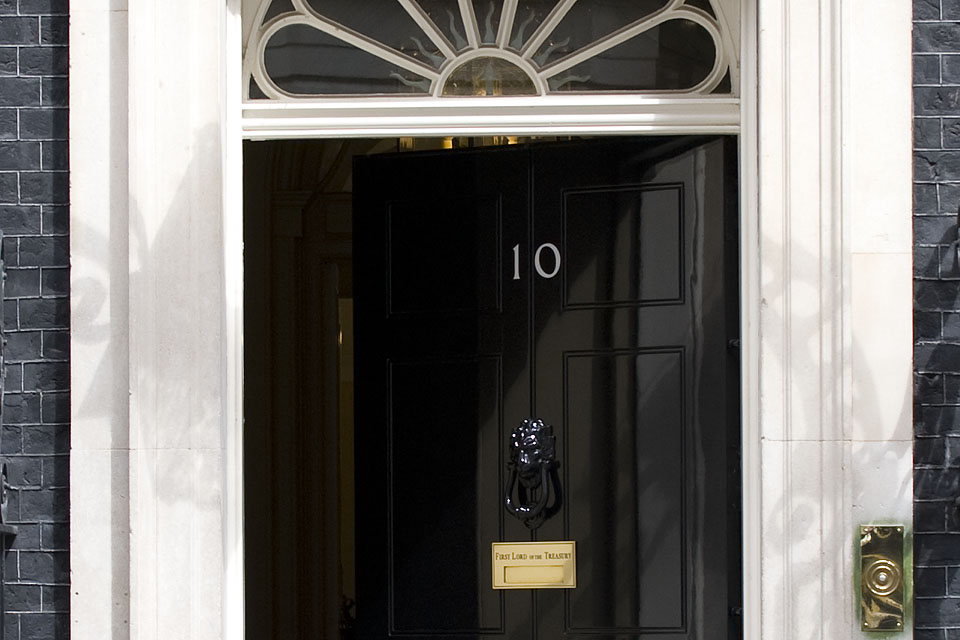
The Prime Minister has today (7 February 2023) conducted a reshuffle of his Cabinet and restructured several government departments. While much of the media focus will be on the shifting personalities, the consequences of the governmental changes are likely to be more significant in the long-run from an industry perspective.
Several alterations have been made. The Department for Business, Energy, and Industrial Strategy (BEIS); the Department for Digital, Culture, Media, and Sport (DCMS); and the Department for International Trade (DIT) have all been broken up and reshaped. In their place, the Department for Energy Security and Net Zero (DESNZ); Department for Science, Innovation and Technology (DSIT); Department for Business and Trade (DBT); and the Department for Culture, Media, and Sport (DCMS) have been formed.
These changes have several early implications for the UK’s aerospace, defence, security and space sectors. First and foremost, any departmental restructure consumes considerable bureaucratic resources and the affected departments are likely to take some time to become fully operational in their new roles.
Secondly, the new DESNZ harks back to the Department of Energy and Climate Change, which was in operation between 2008 and 2016, and demonstrates the growing importance of energy policy in the UK. It is also a positive response to the recent Net Zero review by Chris Skidmore, which recommended this step. It remains to be seen, however, whether this department will enjoy the clout that BEIS previously held to drive forward the Net Zero agenda.
Thirdly, the new DBT has similarities to a previous department, the Department of Trade and Industry, which was scrapped in 2007. This shift marks a potential rationalisation in the Government’s engagement with business, building upon Kemi Badenoch’s recent speech at Lancaster House in which she stated she wished for DIT be the ‘department of economic growth and business engagement’. This makes the DBT doubly important from an industry perspective and ADS will be engaging with the new department urgently.
Fourthly, the new DSIT puts a spotlight on the Government’s ambitions for the UK to become a science and technology superpower and may provide a greater degree of cross-Whitehall coordination in this complex policy area. However, important questions need to be ironed out about the ownership of digital policy and the remaining brief of the smaller Department for Culture, Media, and Sport.
Finally, it remains to be seen how the significant pots of funding that previously sat under BEIS, including the funding for UK Research and Innovation, will now be overseen by DSIT and what this means for the respective budgets of DBT, DSENZ and DSIT. On this, it is likely we will have to wait for the Government’s Spending Review in the autumn to clarify the situation.
As with all governmental restructures, it will take time to assess what these changes mean from an industry perspective. It also has potentially significant implications for the Government’s current legislative agenda, with major legislation such as the Retained EU Law Bill liable to be affected by the departmental changes. ADS will be monitoring this situation closely and engaging directly with the DESNZ, DBT and DSIT to set out our members’ priorities at the earliest opportunity.





